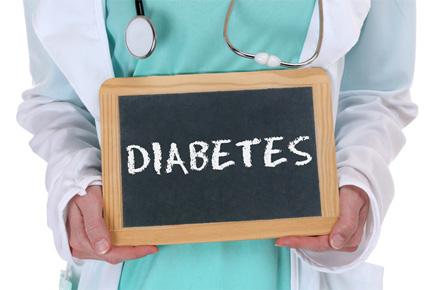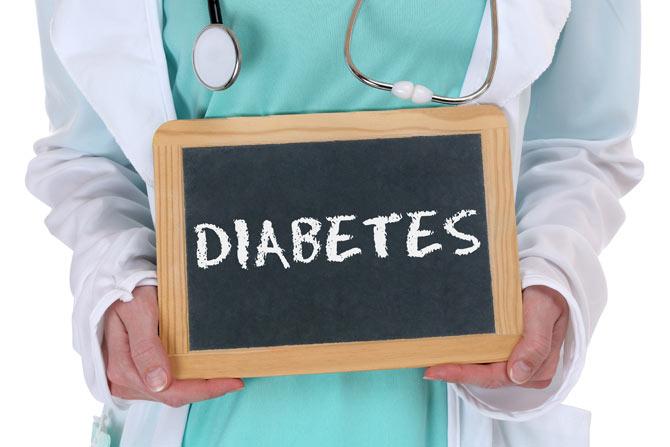A very low-calorie diet may rapidly reverse type 2 diabetes, suggests a study that may provide potential new drug targets for treating this common chronic disease

A very low-calorie diet may rapidly reverse type 2 diabetes, suggests a study that may provide potential new drug targets for treating this common
chronic disease. The mice study, published in the journal Cell Metabolism, focused on understanding the mechanisms by which caloric restriction rapidly reverses type 2 diabetes.
ADVERTISEMENT

Researchers from Yale University in the US investigated the effects of a very low-calorie diet (VLCD), consisting of one-quarter the normal intake, on a rodent model of type 2 diabetes. Using a novel stable (naturally occurring) isotope approach, the researchers tracked and calculated a number of
metabolic processes that contribute to the increased glucose production by the liver.
The method, known as PINTA, allowed the researchers to perform a comprehensive set of analyses of key metabolic fluxes within the liver that might contribute to insulin resistance and increased rates of glucose production by the liver - two key processes that cause increased blood-sugar concentrations in diabetes. Using this approach, the researchers pinpointed three major mechanisms responsible for the VLCD's dramatic effect of rapidly lowering blood glucose concentrations in the diabetic animals.
In the liver, the VLCD lowers glucose production by decreasing the conversion of lactate and amino acids into glucose, decreasing the rate of liver glycogen conversion to glucose, and decreasing fat content, which in turn improves the liver's response to insulin. These positive effects of the VLCD were observed in just three days, researchers said.
"Using this approach to comprehensively interrogate liver carbohydrate and fat metabolism, we showed that it is a combination of three mechanisms that is responsible for the rapid reversal of hyperglycemia following a very low-calorie diet," said Gerald I Shulman, Professor at the Howard Hughes
Medical Institute in the US. The next step for the researchers will be to confirm whether the findings can be replicated in type 2 diabetic patients undergoing either bariatric surgery or consuming very low-calorie diets.
"These results, if confirmed in humans, will provide us with novel drug targets to more effectively treat patients with type 2 diabetes," Shulman said.
 Subscribe today by clicking the link and stay updated with the latest news!" Click here!
Subscribe today by clicking the link and stay updated with the latest news!" Click here!






